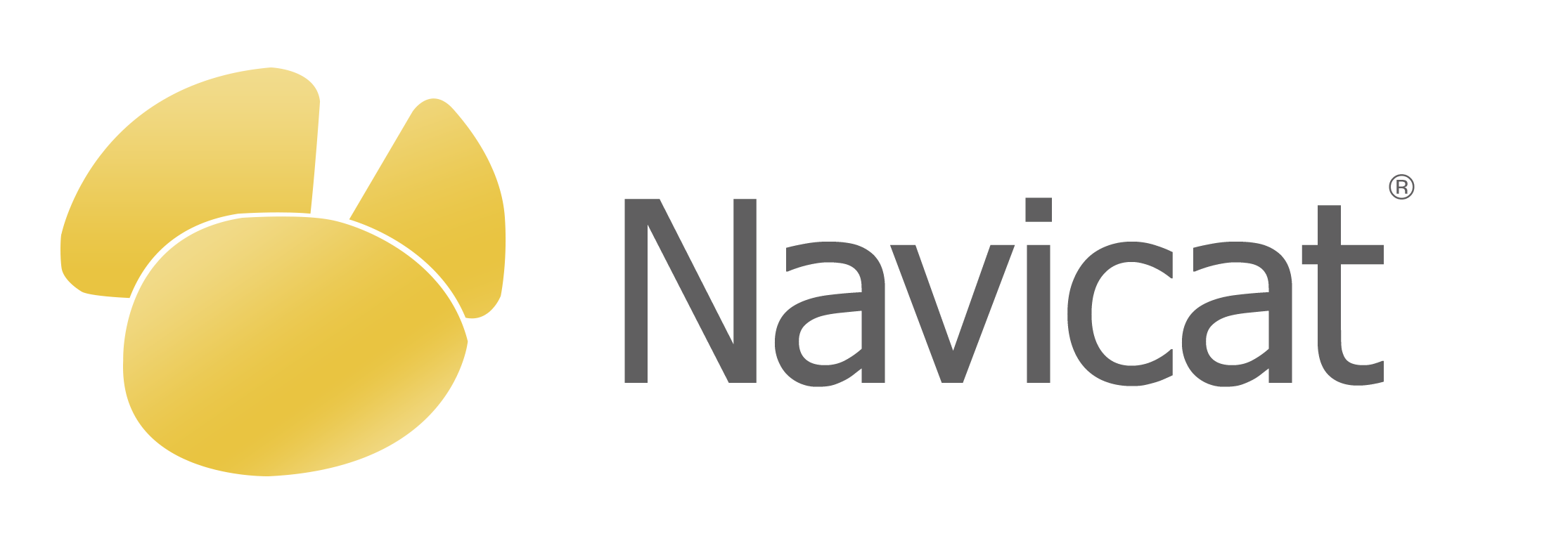| History |
- 2005: Established within the Faculty of Engineering.
- 2007: Acceptance of first year undergraduate students.
- 2009: Computer Engineering MSc. Program was designed and started.
- 2010: First group of students graduated in Computer Engineering undergraduate program.
|
| Facilities |
- 2 Software Labs, 1 Hardware Lab and 1 System and Network Lab.
- Software Laboratories include Intel-based workstations, running Linux and Windows 7 operating systems.
- Hardware laboratory is used in practical work, concerning courses such Electrical Circuits, Logic Design, Embedded Systems Development.
- Most of the courses require the students to implement their projects and homework on modern (Linux/Windows) operating systems.
|
| Undergraduate Program |
- Computer Engineering undergraduate program is designed to meet the requirements of IEEE/ACM Joint Curriculum Committee.
- Designed so that students have a balanced background in computer hardware, software, and computer applications.
- Education Language is Turkish.
- English Prep Courses are optional.
- Offers first and second cycle undergraduate degree programs.
- Offers distance education program. (Currently not available!)
|
| Graduate Program |
- One laboratory (Vision and Image Processing Lab) for students to do research (Supported by THE SCIENTIFIC AND TECHNOLOGICAL RESEARCH COUNCIL OF TURKEY).
- One seminar room for presentations and group work.
- Students are required to complete at least 60 credits of course work and a noncredit seminar course before defending a Master's Thesis.
- Students do research in various fields:
– Embedded Systems
– Mobile Computing
– Artificial Intelligence
– Pattern Recognition and Image Processing
– Parallel Computing
– Software Engineering
|
| Completed Research Projects |
- TUBİTAK TOGTAG NSF Project 103O154: Food quality and safety by kernel classification.
- Tubitak106E057, Food Safety with Non-invasive Techniques.
- SDU-BAP-1481, Development of electronic and Non-invasive aflatoxin(B1, B2, G1, G2) contaminated hazelnuts.
- MVET (Modernisationof Vocational Education & Training) standard development.
- AITMES (Applying IT on Mobile Education in Schools).
- WITPET: Web-based In-service Training Programs on Electrical-Electronics and Information Technologies for Technical Teachers.
- Improving Achievement and Quality in Technology Education-Training Through New Methods and ICT", AB Leonardo da Vinci Project, Germany.
- MicromotorStep Controller IC NSF GRAND NO ECS-9309280.
- JAMA, Cognitive and Motor Outcomes of Cocaine-Exposed Infants This research was supported by grant RO1-07957 from the National Institute on Drug Abuse and grant RR00080 from the General Clinical Research Center.
|
| Partnerships |
 Use of VP is made available to Süleyman Demirel Üniversity by the Academic Partner Program from Visual Paradigm for educational purpose. Use of VP is made available to Süleyman Demirel Üniversity by the Academic Partner Program from Visual Paradigm for educational purpose.
 Use of Navicat Essentials is made available to Suleyman Demirel University by the Academic Partner Program from Navicat for educational purpose. Use of Navicat Essentials is made available to Suleyman Demirel University by the Academic Partner Program from Navicat for educational purpose.
|

